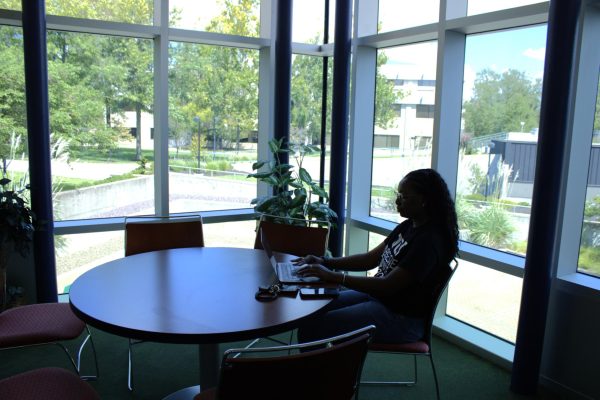Free textbooks often ignored
 With free classroom materials available online, it is ridiculous for universities not to upgrade from traditional textbooks.
With free classroom materials available online, it is ridiculous for universities not to upgrade from traditional textbooks.
Professors can provide free course texts and materials without requiring books that cost students hundreds of dollars, thanks to open educational resources. MIT, the Open Education Consortium and several other sources are just a Google search away.
Open educational resources are free materials available for students and educators at all levels. These resources significantly cut costs for students and provide more varied teaching methods for professors.
Though they are not often talked about, OERs are not new. MIT’s OpenCourseWare made course materials from the institute available to the public in 2001.
Today, resources from 2,400 MIT courses can be accessed online. That is just one of many examples of free lecture materials posted online by college professors for other college professors and their students.
While similar online resources have been popular with secondary schools for some time, postsecondary institutions have only recently begun to explore them.
There is no shortage of college-level materials. This semester, business law students at USI are required to purchase a book available used through the campus store for $294. The OER commons online provides a comparable ebook for free.
Free online textbooks and study materials are not only easy to find and fit into students’ budgets, but they have been proven to be at least as effective in the classroom as traditional textbooks.
At least nine studies performed in 4-year institutions across the country show that students who used OERs performed just as well on course exams as peers who had been taught using traditional methods.
Some schools that published studies chose to completely revamp their curricula along with the use of OERs in the classroom, and not only saw improvement in student performance but also experienced a drop in withdrawal rates.
It is time for universities to stop requiring students to use materials they cannot afford and begin to embrace more tech-savvy and budget-friendly methods for student success.










